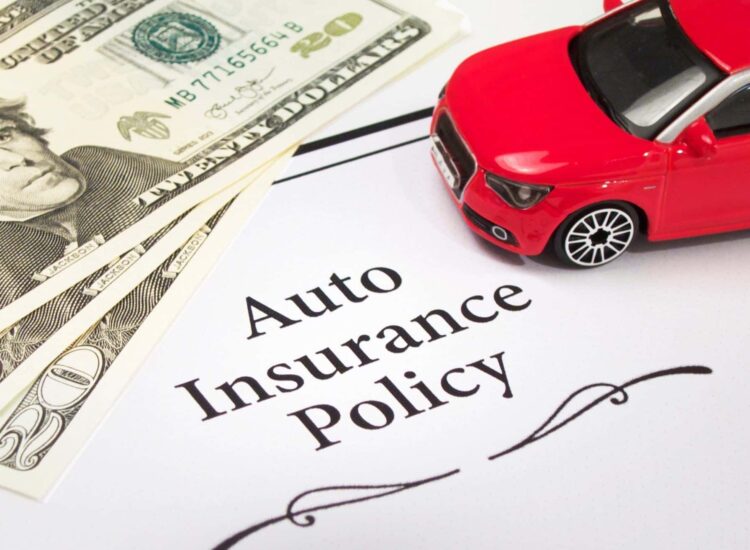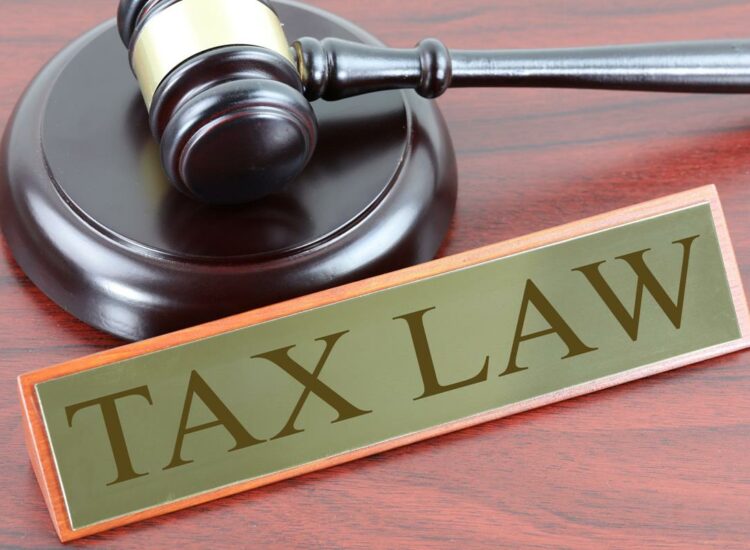When it comes to car insurance, the quest for the best coverage at the lowest cost is a never-ending battle. For budget-conscious consumers, young drivers, and first-time car owners, finding a good deal on car insurance can be a game-changer. This comprehensive guide offers insights into the intricacies of cheap car insurance – from defining what it actually is, to understanding the critical legal and financial aspects, and practical tactics to secure the most affordable rates without compromising on coverage.
Toc
- 1. What is Cheap Car Insurance?
- 2. Why is Cheap Car Insurance Important?
- 3. How to Find Cheap Car Insurance
- 4. How to Find Affordable Car Insurance
- 5. Legal Requirements
- 6. Financial Protection
- 7. Understanding Your Policy
- 8. How to Get Cheap Car Insurance Rates
- 9. Tips for Maintaining Cheap Car Insurance
- 10. Conclusion
What is Cheap Car Insurance?

Understanding the term ‘cheap’ in the context of car insurance is the first step. It doesn’t mean skimpy or inadequate coverage; it refers to the best value for your money. The cost of car insurance is determined by a multitude of factors – some within your control, others not so much. Key drivers of car insurance costs include your driving history, the type of car you drive, your age, where you live, and even your credit score.
Factors that Determine Car Insurance Rates
To secure cheap car insurance, you must grasp what insurance providers look at when calculating your rates. Elements such as your driving record, car’s make and model, and annual mileage play a significant role. Also, non-personal factors like local crime rates and the average cost of claims in your area can influence your premium.
Why is Cheap Car Insurance Important?
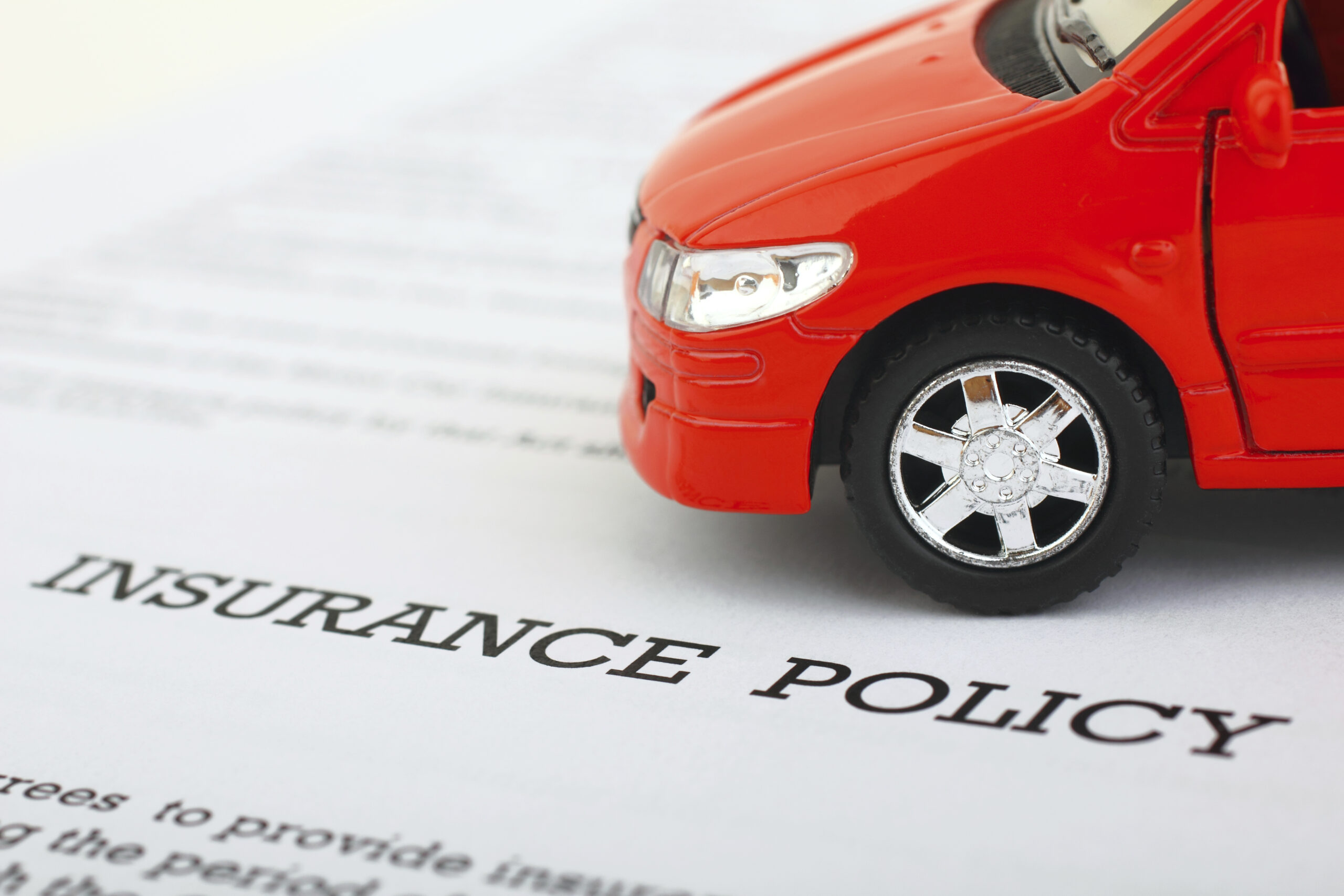
The importance of finding affordable car insurance can’t be overstated. Doing so protects your finances, ensuring that you’re covered in case of an accident, theft, or other incidents.
Benefits of Having Affordable Car Insurance Coverage
Affordable car insurance offers more benefits than just saving you money. It provides peace of mind, legal compliance, and often other perks like roadside assistance or rental car coverage.
Consequences of Not Having Adequate Insurance
Conversely, skimping on insurance could spell financial disaster if you’re involved in an accident. This could lead to hefty out-of-pocket expenses, legal penalties, and even the confiscation of your driver’s license.
How to Find Cheap Car Insurance

Finding affordable car insurance requires a combination of diligence, research, and strategic thinking. Here are several steps you can take to lower your insurance premiums without sacrificing necessary coverage:
Compare Quotes
The most effective strategy is to shop around and compare quotes from multiple insurers. Prices for the same coverage can vary significantly between companies due to each insurer’s unique formula for calculating risk and determining rates.
Maximize Discounts
Insurers offer a variety of discounts that can significantly reduce your premiums. These might include discounts for having a clean driving record, insuring multiple vehicles, completing a defensive driving course, and choosing paperless billing. Always ask potential insurers about the discounts they offer and which ones you may qualify for.
Increase Your Deductible
Choosing a higher deductible—the amount you’re required to pay out of pocket before your insurance coverage kicks in—can lower your premium. However, it’s important to ensure you can afford the higher deductible in case of an accident.
Minimize Coverage on Older Vehicles
For older vehicles, it may not be cost-effective to carry comprehensive and collision coverage. If your car’s value is low, consider whether the cost of this coverage is worth it compared to the potential payout.
Maintain a Good Credit Score
Many insurers use credit information to price auto insurance policies. Research indicates that people who effectively manage their credit have fewer claims. To improve your credit score and potentially lower your insurance costs, pay your bills on time, reduce the amount of debt you owe, and keep your credit balances low.
By following these steps, you can find car insurance that not only fits your budget but also provides the protection you need on the road.
How to Find Affordable Car Insurance

Finding affordable car insurance requires a combination of diligence, research, and strategy. Here are some steps to help you secure the best rates:
- Compare Quotes: Utilize online comparison tools to get quotes from multiple insurers. Prices can vary significantly from one company to another, even for the same coverage.
- Maintain a Good Driving Record: Your driving history is a critical factor in determining your insurance rates. Avoid accidents and traffic violations to keep your premiums low.
- Increase Your Deductible: Opting for a higher deductible can lower your premium costs. However, make sure you can afford the deductible in case of a claim.
- Look for Discounts: Many insurance companies offer discounts for things like safe driving, insuring multiple vehicles, or for students with good grades. Always ask potential insurers about available discounts.
- Consider the Insurance Cost When Buying a Car: The type of vehicle you drive impacts your insurance rates. Sports cars, for example, are typically more expensive to insure than family sedans.
- Review Your Coverage Regularly: Your insurance needs can change over time. Regularly review your policy to make sure it still meets your needs and adjust your coverage accordingly to save money.
Taking these steps can lead you to more affordable car insurance without sacrificing necessary coverage. Remember, the cheapest option is not always the best one if it doesn’t provide you with adequate protection.
Legal Requirements
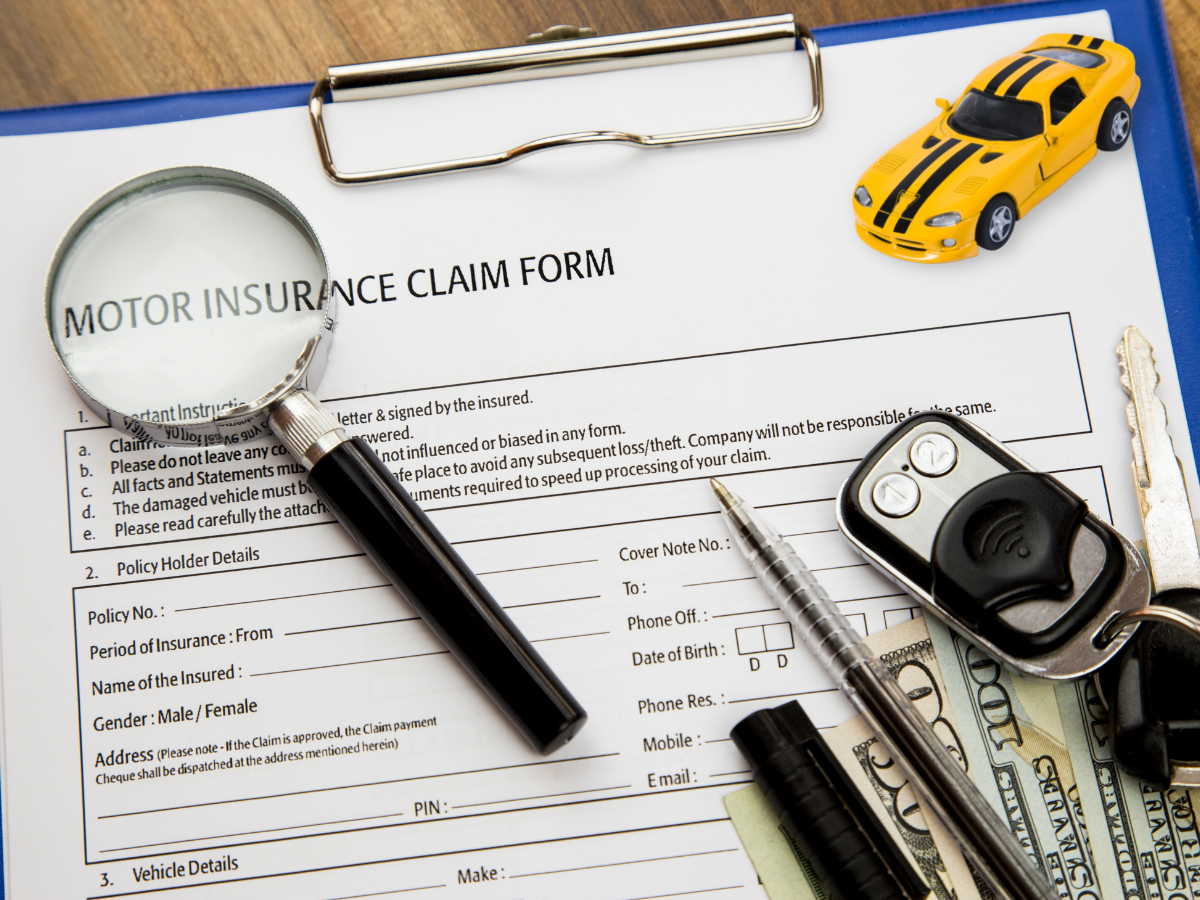
Each state in the US has its own minimum requirements for car insurance. Knowing and meeting these is not optional – it’s the law. Failing to comply can result in significant fines and, in some cases, jail time.
Minimum Car Insurance Requirements by State
The minimal requirements typically include liability coverage for both bodily injury and property damage. However, some states have no-fault insurance laws that may add to or alter these minimums.
Financial Protection
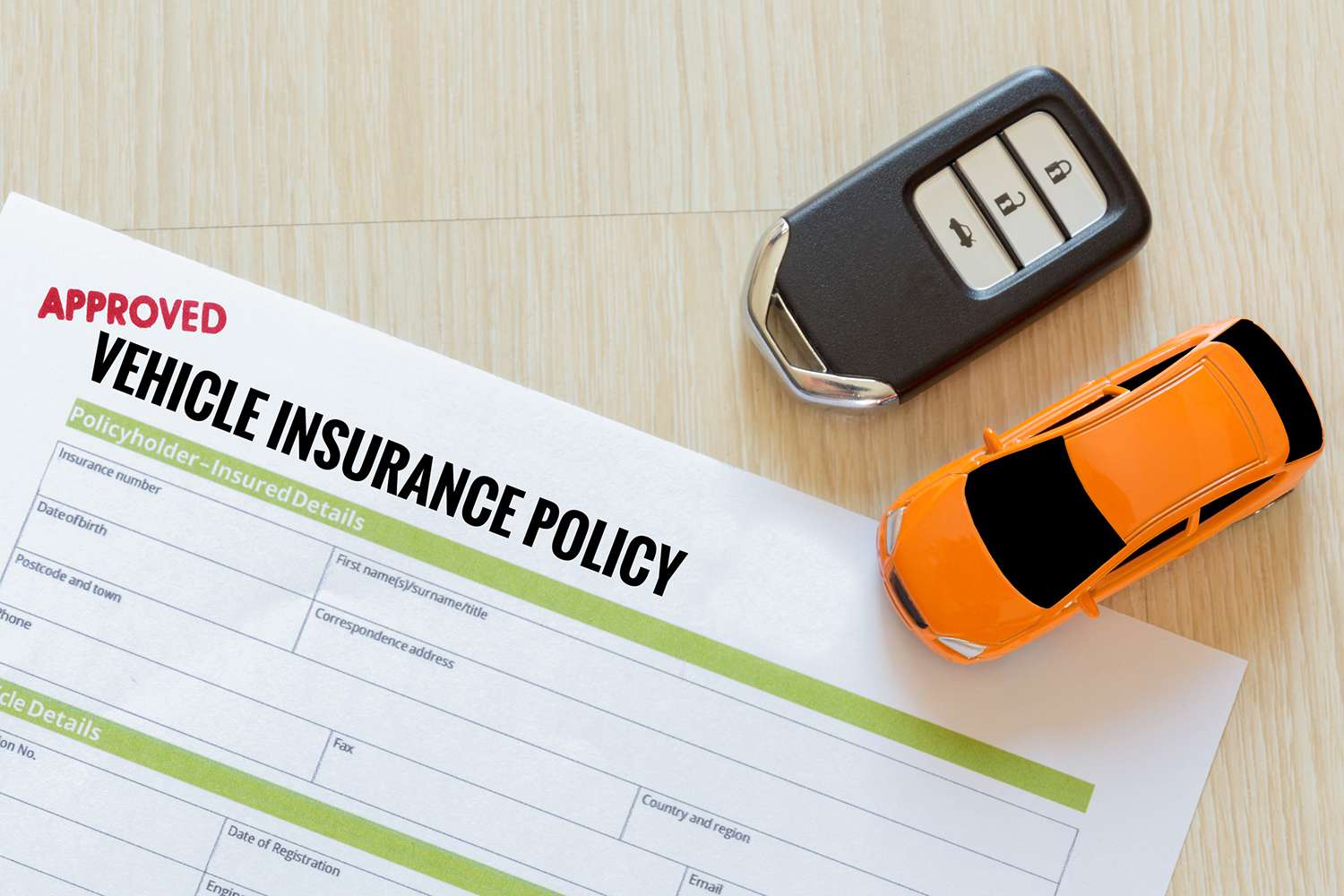
Car insurance serves as a financial bulwark, protecting you from the substantial costs that can arise from car accidents and other unforeseen events.
The Role of Liability Coverage
Liability coverage is a fundamental component of car insurance policies. It provides financial protection if you’re found at fault in an accident, covering damages to other people’s property and their medical expenses. Without adequate liability coverage, you could be facing immense out-of-pocket costs, endangering your financial stability. It’s crucial to choose the right amount of coverage to shield yourself from potential lawsuits or claims that could exceed your policy’s limits.
Understanding Your Policy
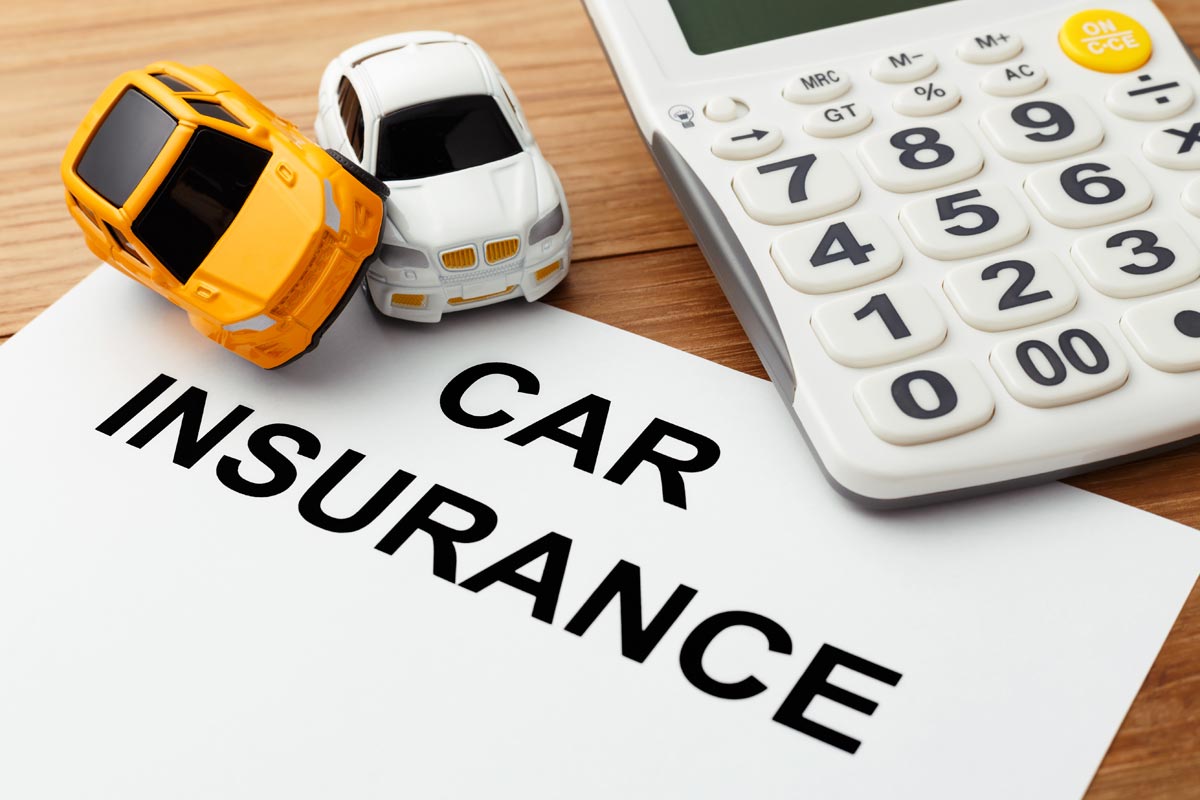
It’s not just about finding affordable car insurance; understanding your policy is also crucial. Many drivers overlook the details of their insurance coverage until they need to file a claim. Knowing the ins and outs of your policy can help you make informed decisions and ensure you are adequately protected.
Types of Coverage
Most car insurance policies include several types of coverage, each serving a different purpose. Liability coverage is mandatory in most states and covers damages or injuries you cause to others. Comprehensive and collision coverage pay for damages to your vehicle from accidents, theft, or other hazards. Personal injury protection and medical payments coverage help with medical expenses for you and your passengers.
Policy Limits and Deductibles
Your policy’s limits determine the maximum amount your insurer will pay for a covered claim. Higher limits can provide more protection but usually come with higher premiums. Deductibles are what you pay out of pocket before your insurance covers the rest. Choosing the right balance between these can significantly affect your costs and coverage.
Exclusions and Limitations
Every insurance policy has exclusions and limitations. These are specific situations or types of damage that your policy does not cover. Understanding these can help you avoid surprises if you need to file a claim. Sometimes, you can purchase additional endorsements to cover some of these exclusions.
By thoroughly understanding your car insurance policy, you can ensure you’re not only meeting legal requirements but also protecting yourself financially. Regularly reviewing and adjusting your coverage can keep it aligned with your current needs and possibly save you money.
Liability Coverage for Bodily Injury and Property Damage
This is the most basic type of car insurance, and the minimum required by most states. It covers costs when you are at fault in an accident that causes injury or property damage to others.
Collision and Comprehensive Coverage for Your Vehicle
While not mandatory, collision and comprehensive coverage provide you with the most complete protection for your own vehicle. This can be especially vital if you lease or finance your car.
How to Get Cheap Car Insurance Rates
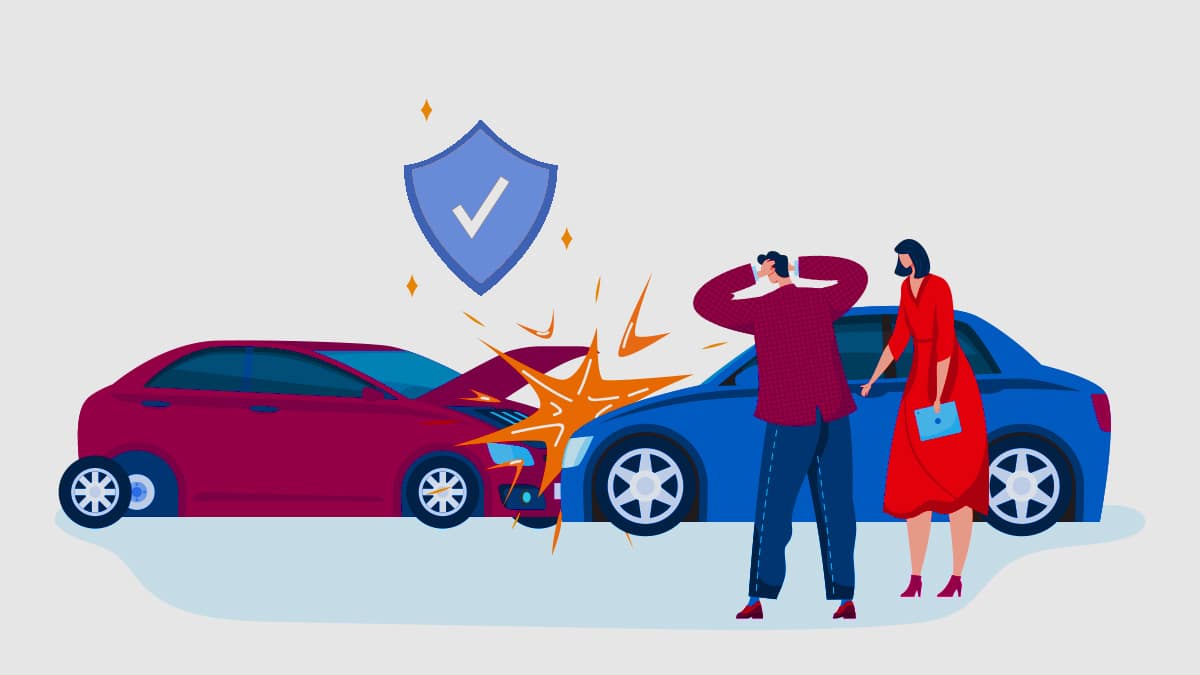
The coveted cheap car insurance rates can be within reach if you employ the right strategies. Here’s how to stack the deck in your favor.
Shop Around and Compare Quotes
One of the most effective approaches is to shop around and collect quotes from multiple insurance providers. Online tools can simplify this process, but don’t forget that personalized service could yield even better results in some cases.
Consider Higher Deductibles
Your deductible amount is inversely proportional to your premium – meaning the higher you set it, the lower your regular payments will be. This can be a daunting decision, so it’s vital to weigh the instant savings against the potential costs if you need to make a claim.
Bundle Your Policies
Many insurers offer handsome discounts if you bundle your car insurance with other policies, such as home or renter’s insurance. This one-stop-shop approach can be incredibly cost-effective.
Maintain a Good Credit Score
A factor that many people overlook when trying to secure lower car insurance rates is their credit score. Insurers often use credit information to price auto insurance policies. Drivers with good credit are viewed as less risky and therefore more likely to receive lower rates. It’s prudent to regularly check your credit score and take steps to improve it if necessary. This could involve paying bills on time, reducing debt, and correcting any errors on your credit report.
Drive Safely and Reduce Your Risk
Your driving record is a crucial factor in determining your insurance rates. Accumulating traffic violations or being involved in accidents can significantly increase your premiums. Conversely, maintaining a clean driving record can qualify you for discounts. Some insurance companies offer programs that monitor your driving habits in real time, providing an incentive for safe driving with the possibility of discounted rates.
By combining these strategies, you can enhance your chances of finding car insurance that is both affordable and comprehensive, ensuring you’re adequately protected without overpaying.
Maintain a Good Driving Record
Your driving history is a significant influencer of your insurance premiums. Therefore, staying out of trouble on the road is an investment in cheap car insurance rates.
Take Advantage of Discounts
From good student discounts to savings for having multiple cars on one policy, insurance companies offer a range of discounts. Make sure you are aware of the possibilities and what you need to do to qualify.
Tips for Maintaining Cheap Car Insurance
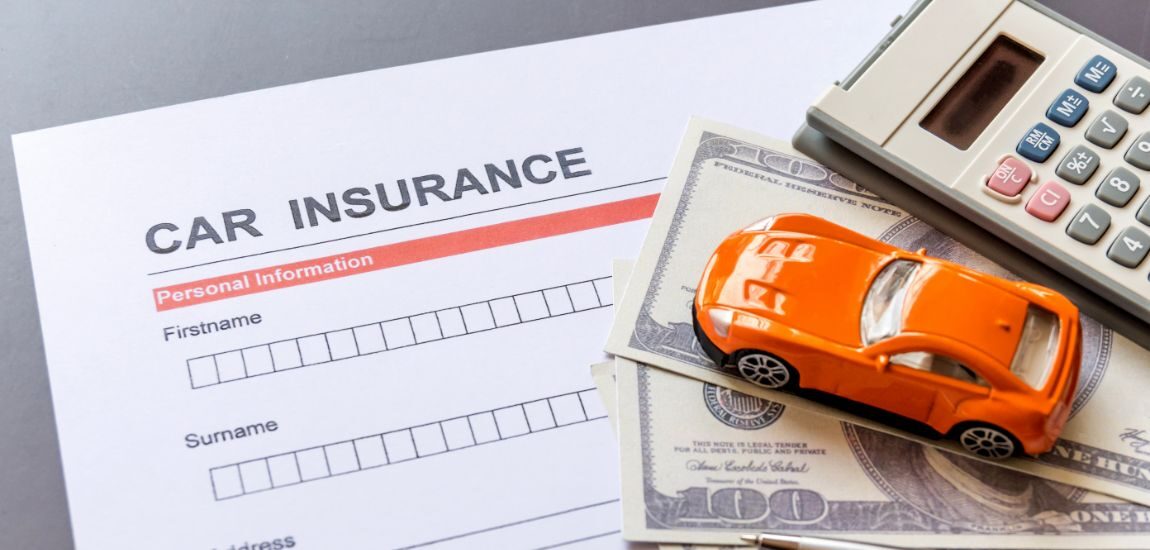
It’s not just about getting the best rates initially – you want to keep your car insurance affordable over the long term. Here are some tips for maintaining those low rates.
Review and Adjust Coverage Regularly
Your insurance needs change over time. Regular reviews with your provider can ensure you’re not paying for more coverage than you need, or that you have enough if your circumstances have changed.
Manage Your Credit Score
Your credit score can have a significant impact on your car insurance rates. Improving and maintaining a healthy credit score can lead to savings on your premiums.
Consider Usage-Based Insurance
For those who don’t drive very often, usage-based insurance can offer substantial savings. Policies like pay-per-mile align your premiums directly with your usage, potentially making a big difference in your costs.
Conclusion

Affordable car insurance is not an unattainable myth. By understanding what influences your rates, being proactive with your policy shopping, and taking advantage of discounts, you can secure the best coverage for your needs at a price that won’t break the bank. Remember, the cheapest option isn’t always the best – it’s about finding the perfect balance of cost and protection. This proactive approach to managing your car insurance could save you hundreds of dollars each year, providing you with the financial cushion you need while out on the road.




